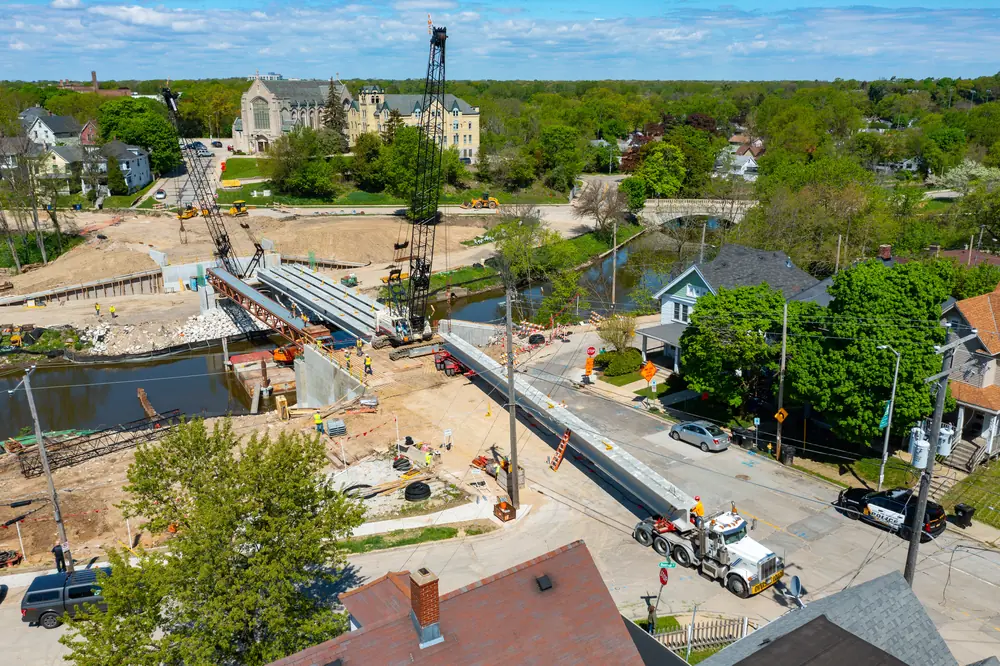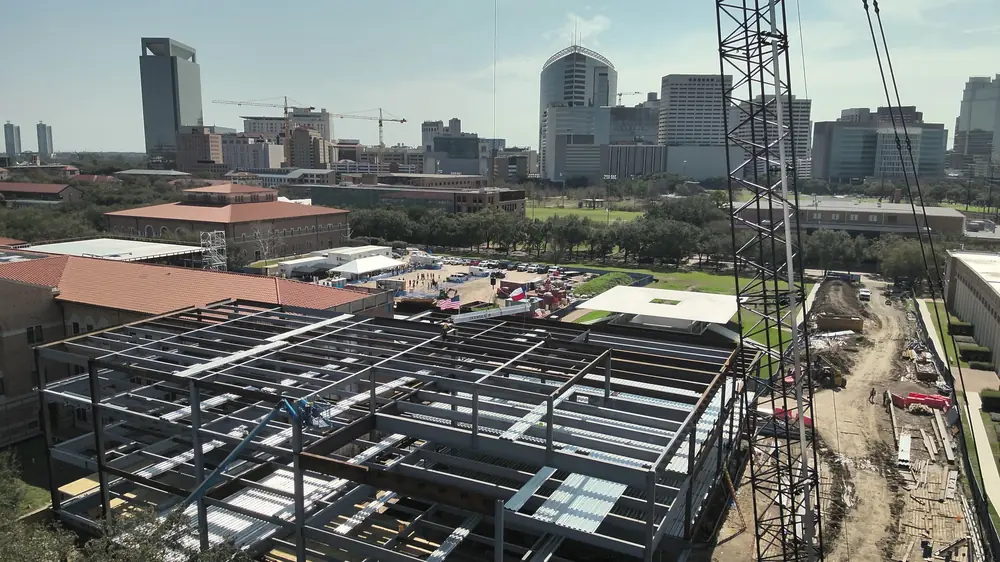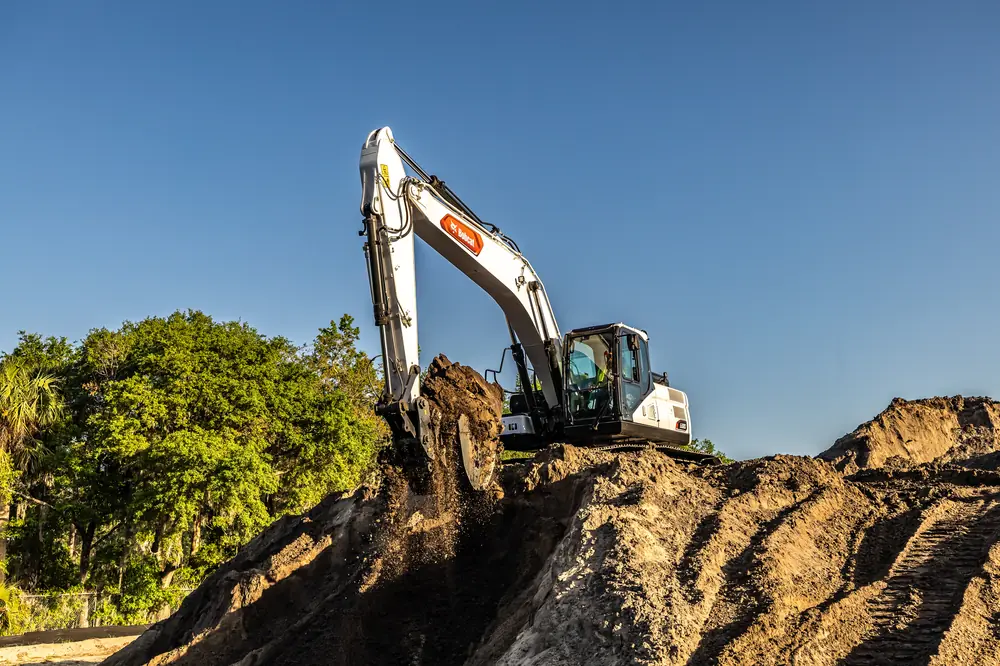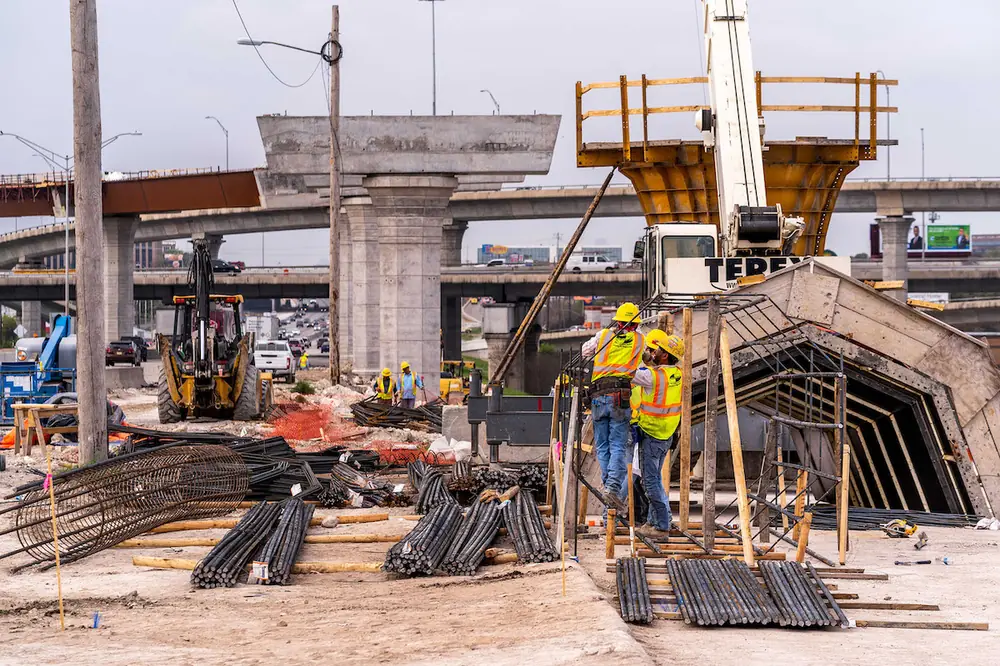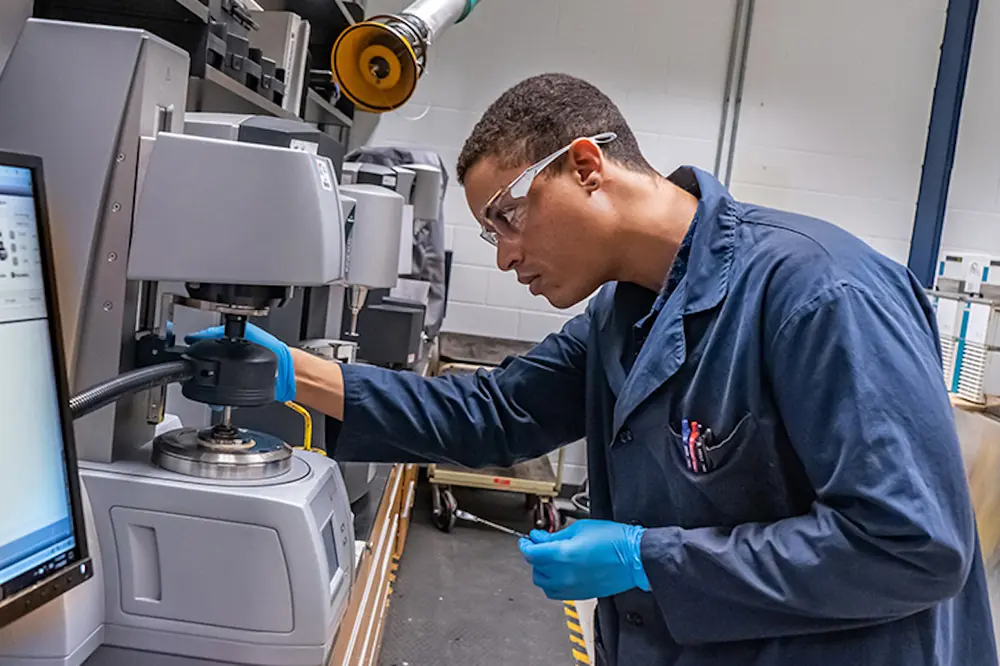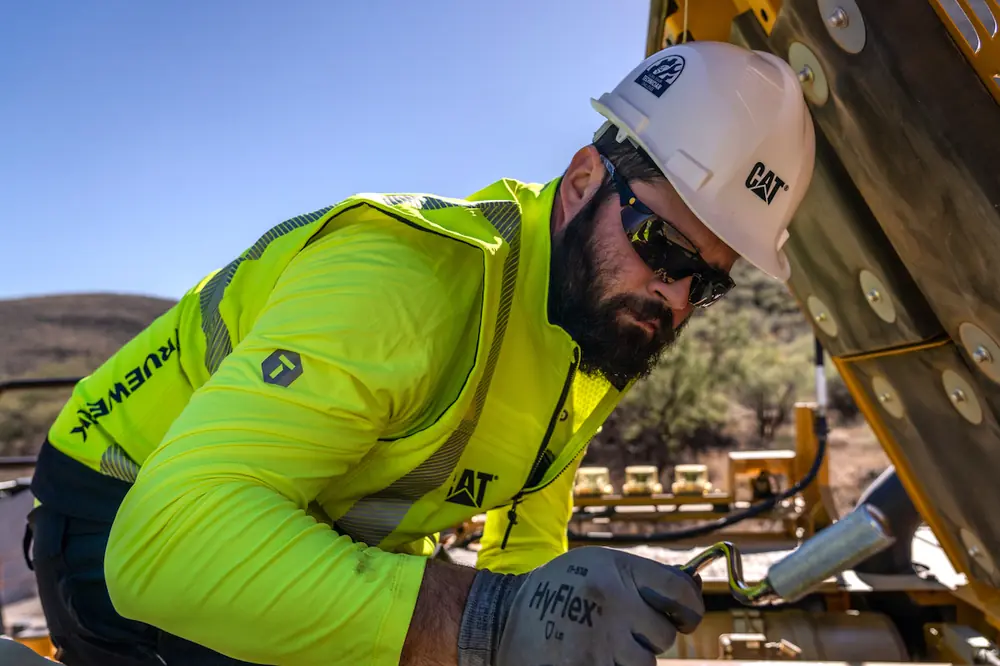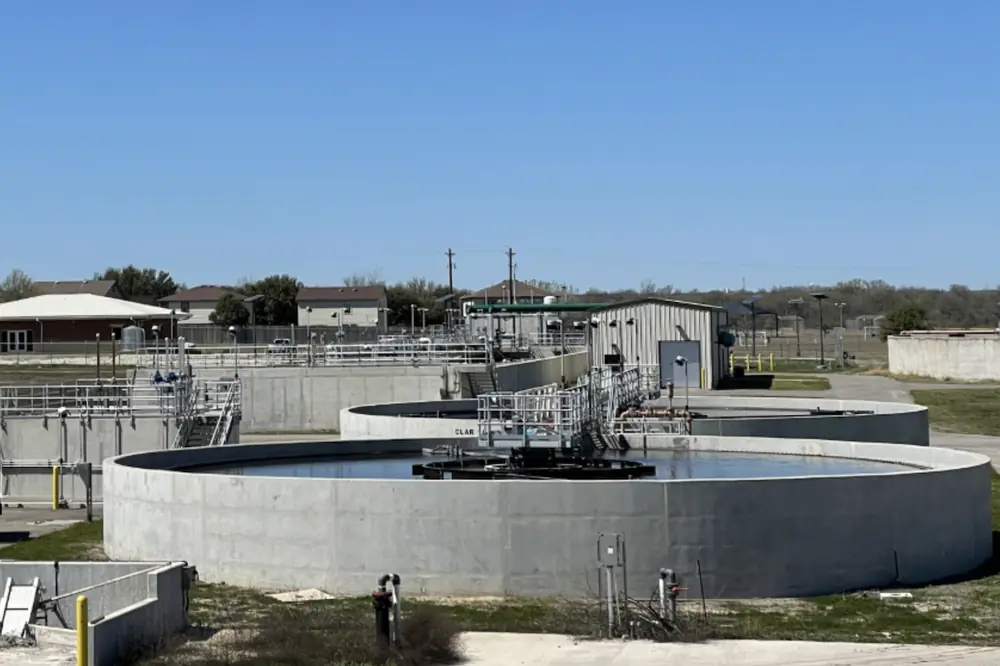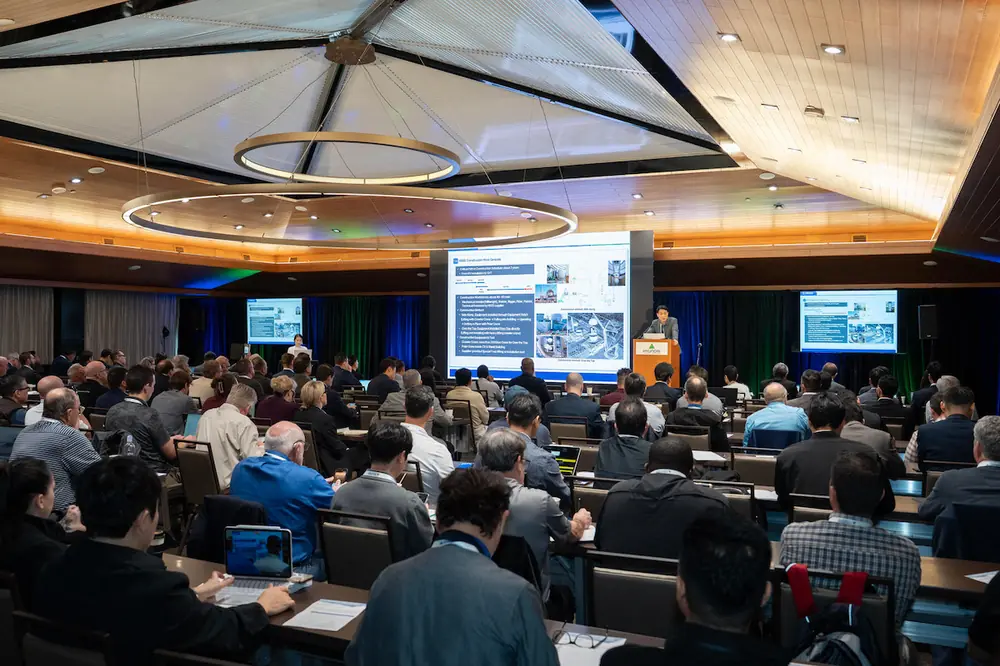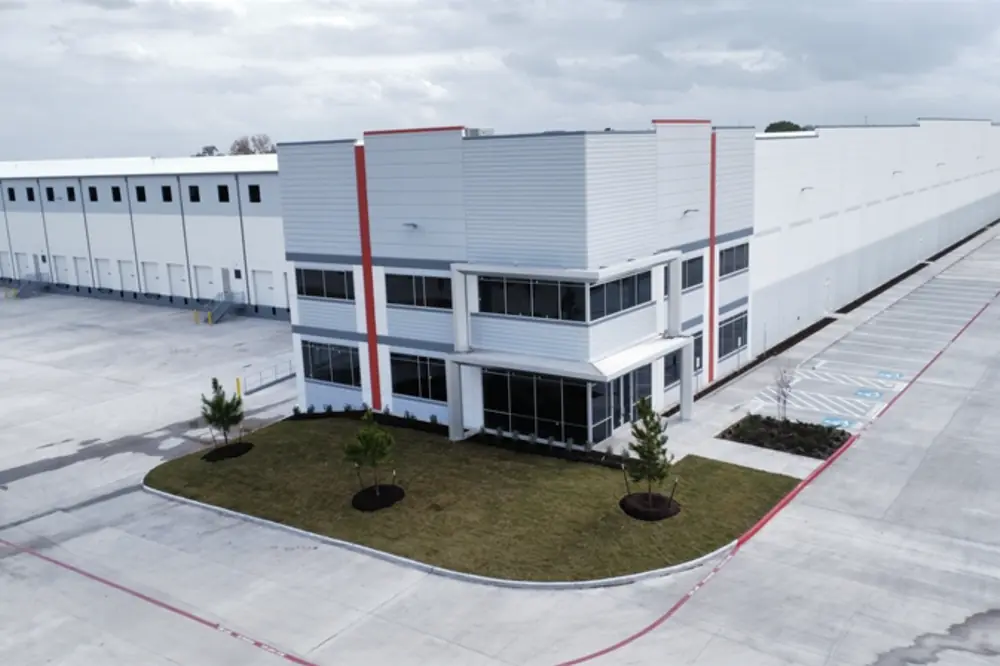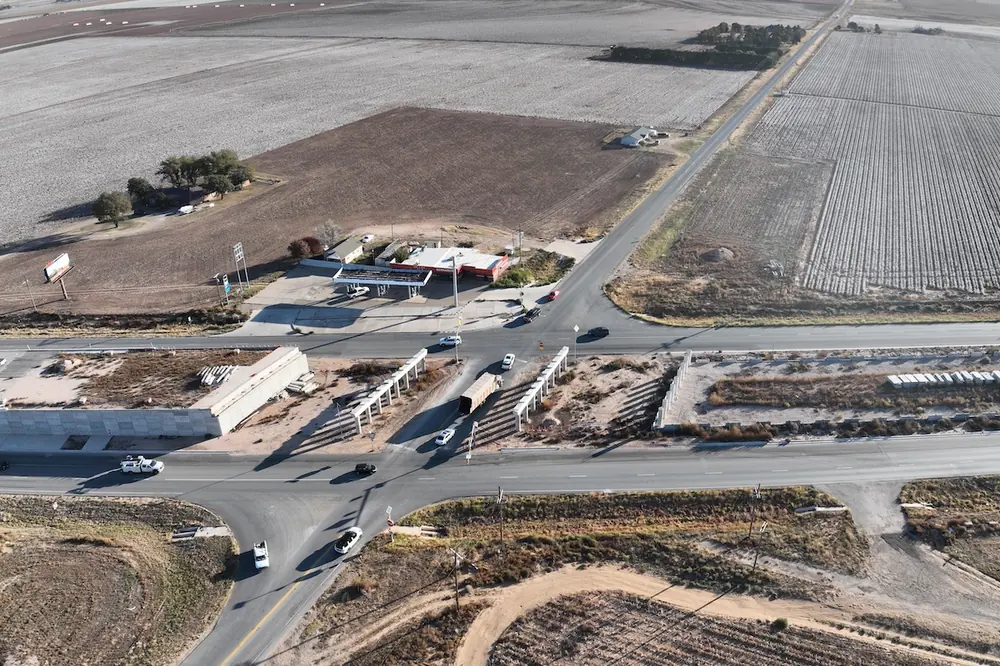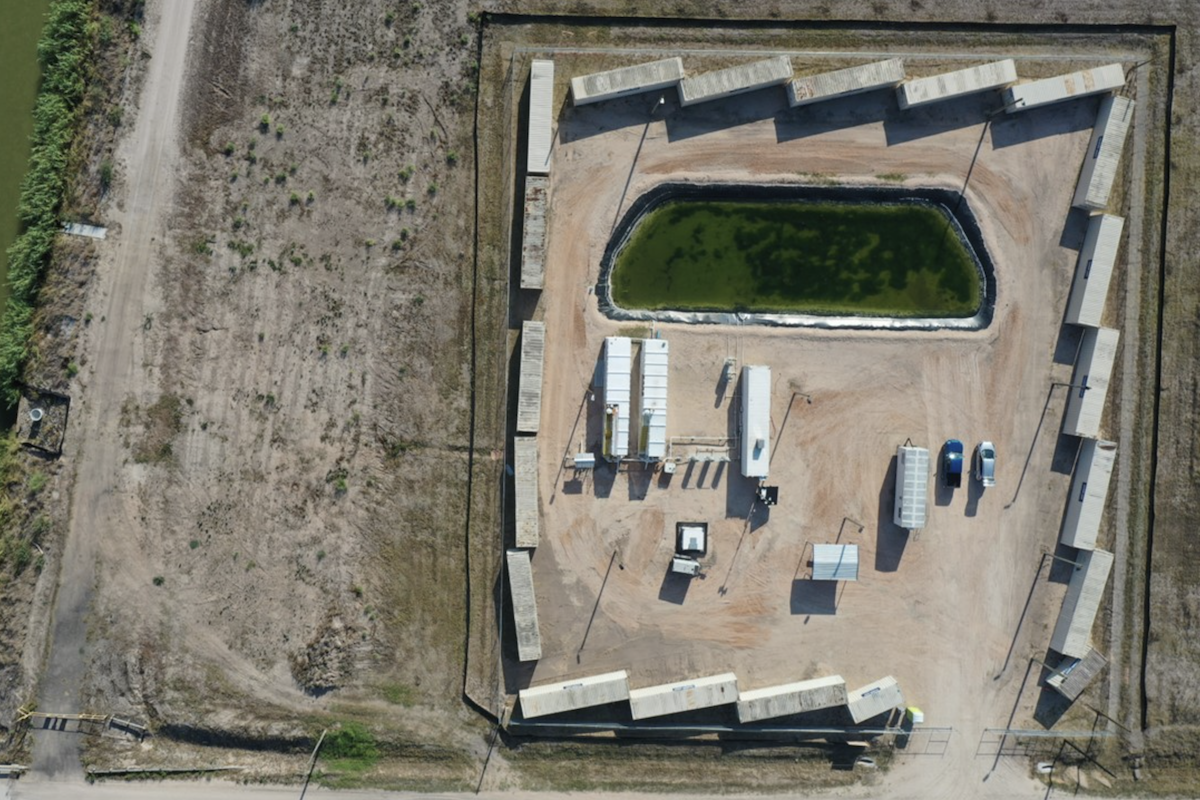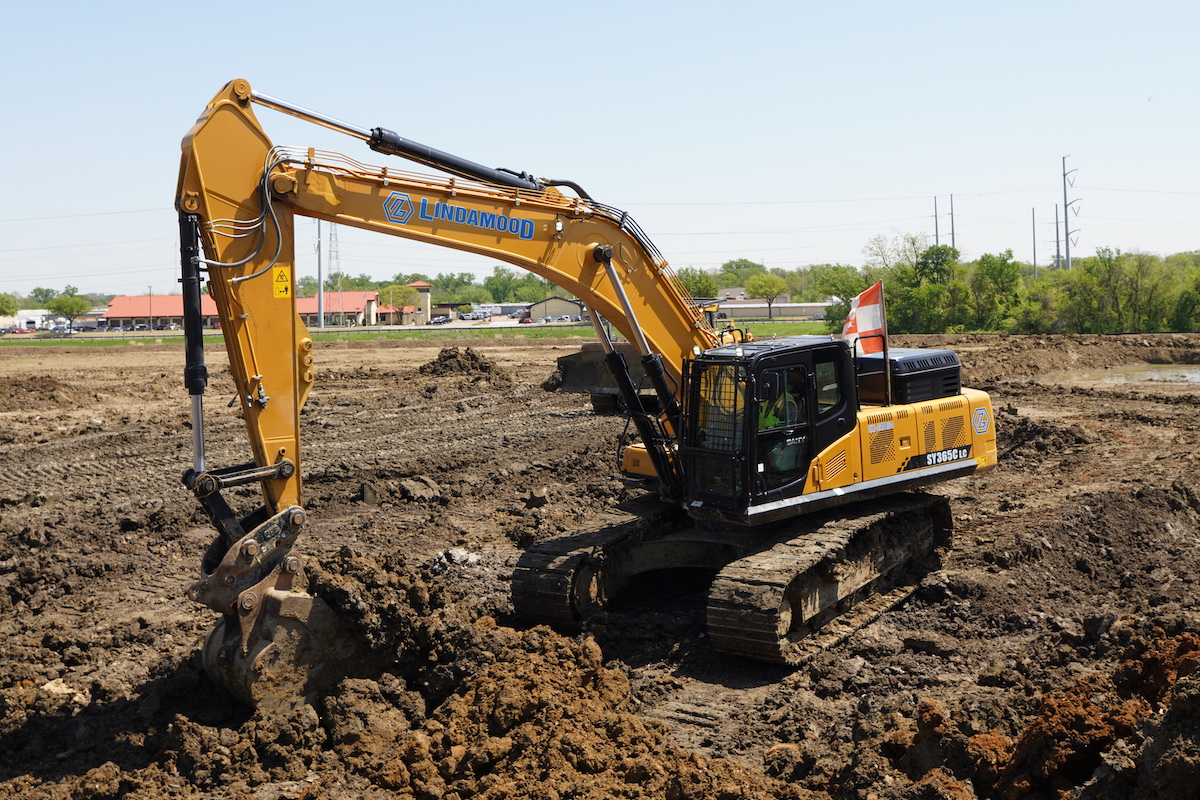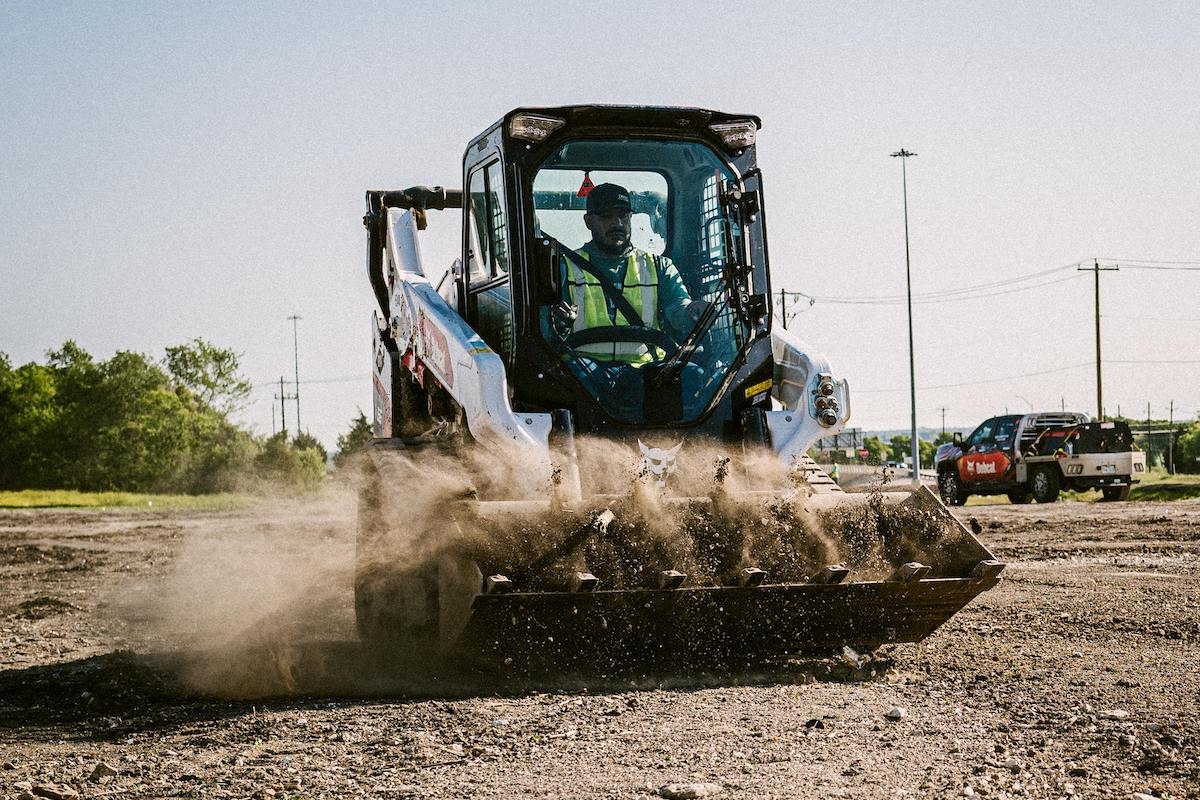But a multitude of physical, behavioral, and mental health pressures come with that responsibility. As an industry, we have made great strides in supporting the health of craft workers, increasing the level of available services while helping demystify and destigmatize the realities of suffering from various physical injuries or mental health conditions, including anxiety, depression, and even thoughts of suicide. But there is more progress to be made to continue improving these various healthcare areas for craft workers.
Imagine working on a job site while also managing your diabetes, heart disease, substance abuse, or other chronic illnesses, all while struggling to maintain your finances and support a family. It can be quite a burden. And if you are one of the many craft workers who suffer from depression, extreme anxiety, and/or bouts with suicidal ideation, the pressure can become unbearable.
As an industry, we need to rethink and reconfigure the ways in which we consider the health of craft workers and their real-world needs under real-time conditions. If a craft worker on a job site is having a panic attack or crumbling under the tremendous weight of actualizing thoughts of self-harm, they need immediate assistance. Delaying treatment can have devastating effects.
Ensuring that mental health professionals across a number of disciplines are available on job sites would provide significant relief and would go a long way to helping those craft workers in distress from spiraling into a more profound depression.

| Your local Trimble Construction Division dealer |
|---|
| SITECH SE Texas |
| SITECH Tejas |
As an industry, we have a tremendous opportunity through the use of technology, planning, and coordination to establish a job site ecosystem of health and wellness. Rather than put craft workers in the stressful position of having to seek out various independent services on their own time while white knuckling on the job, job sites can and should make these coordinated services openly available to craft workers while encouraging them to utilize the services without shame or hesitation. Onsite services, such as access to mental health professionals via telehealth, remove additional stress from having to take a day off for a trip to the doctor or using free time outside of work to schedule an appointment.
According to the Construction Industry Alliance for Suicide Prevention, decreased productivity, increased conflict among co-workers, near hits, incidents and injuries, and increased tardiness and absenteeism are signs of serious anxiety, depression, and suicidal thoughts on job sites. In 2020, the Construction Industry Rehabilitation Plan reported that 83 percent of construction workers have experienced a mental health issue, ranging from moderate to severe. It is our responsibility to understand and be aware of not just the physical threats but also the internal ones our colleagues are grappling with.
At Skanska, we developed our Green Sticker Program to encourage workers on our job sites to seek help from trained colleagues and mental health professionals. We brought the program to the U.S after its initial launch in the U.K. in 2016 and partnered with Amphibious Medics to provide mental health first aid training to employees at all levels. That training teaches them how to recognize the signs of potential mental health challenges and properly reassure and refer the person in need to appropriate professional support and services.
We designed a custom green sticker that course graduates wear on their hard hats, clearly designating them as mental health first aiders. The sticker system enables onsite construction workers to approach a mental health first aider unobtrusively, even with just a light tap on the shoulder, to initiate a conversation that can be held privately. The program also involves the display of posters around all job sites for subcontractors, vendors, and others to understand the meaning behind the sticker and to be on alert for someone who may need assistance.
On a much smaller scale, Skanska is testing a new holistic healthcare program in the Boston area that would provide these services to craft workers. In a perfect world, assuming the program yields the results we are hoping for, we would then look to formalize the program and seek additional opportunities on other job sites.
The construction industry employs more than eight million workers and creates more than $2 trillion of physical structures annually, according to the Associated General Contractors of America. Now is the time for our industry collectively to join the revolution and intrinsically overhaul the manner in which we provide critical care for the overall health and well-being of craft workers onsite, including access to a full range of mental health services.
Our industry commits technology, planning, time, materials, oversight, and finances to ensure the projects we construct are built to last. This change can’t and won’t happen overnight, but it is only right that we as an industry invest the same time and care into the human beings who make those projects a reality.




